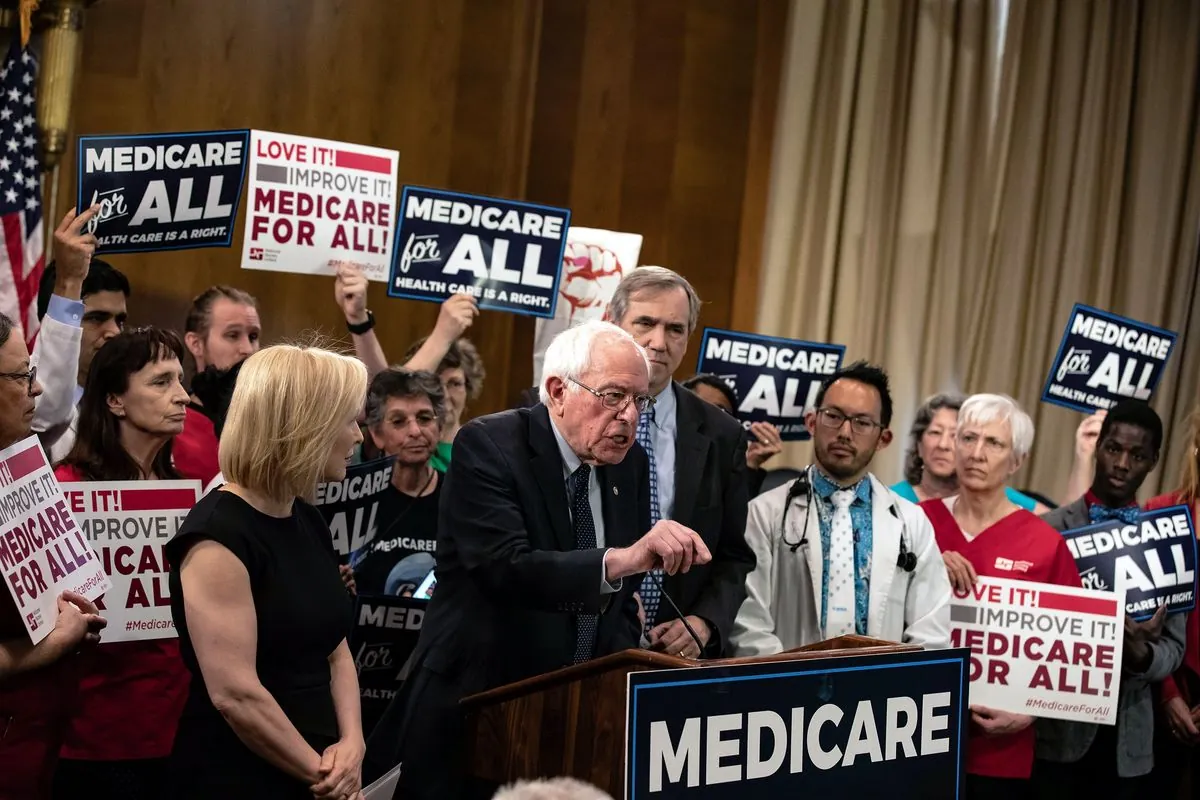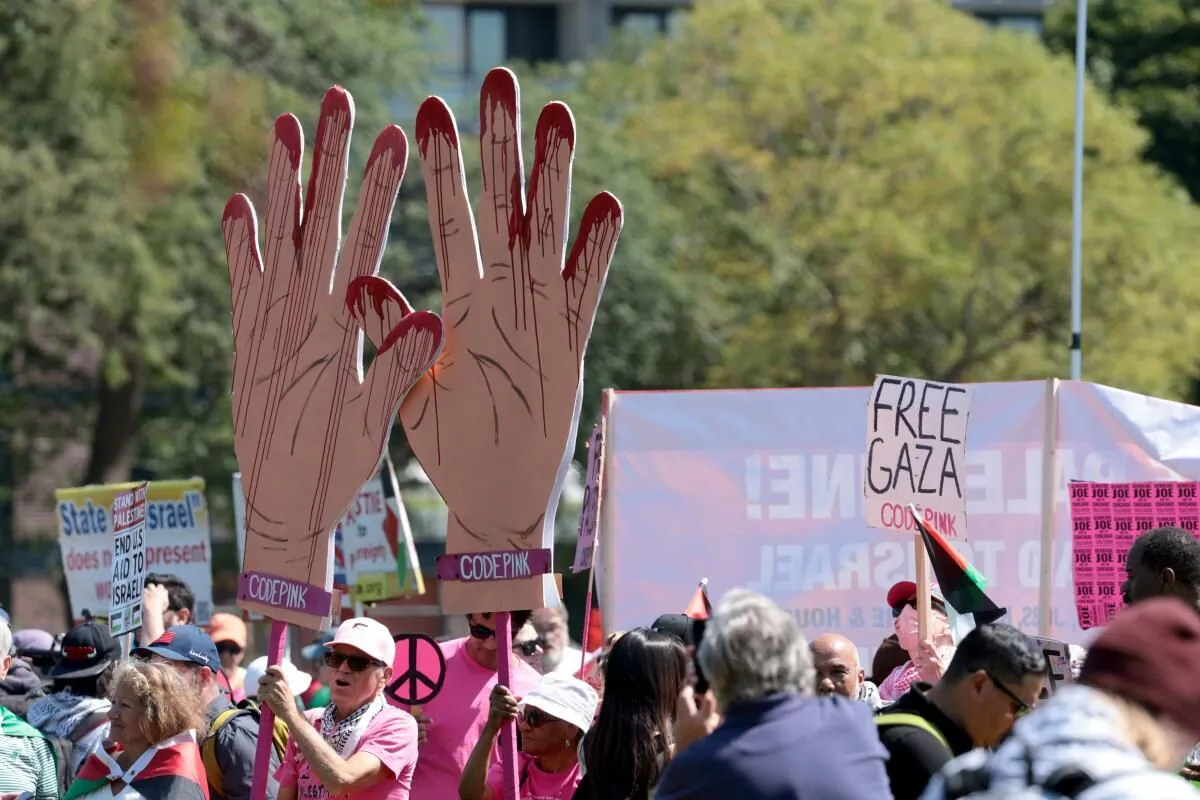Progressive Democrats Rally Behind Harris, Despite Policy Concerns
Progressive Democrats show support for Kamala Harris at a Chicago gathering, balancing policy disagreements with the need to prevent a Trump victory. The movement grapples with its role within the Democratic Party.

In a significant display of unity, Bernie Sanders, the longest-serving independent in U.S. congressional history, addressed a gathering of the Progressive Democrats of America in Chicago, urging support for Vice President Kamala Harris in the upcoming presidential election. This event, held on August 20, 2024, just 77 days before the November 5 election, highlighted the evolving dynamics within the Democratic Party's progressive wing.
The Progressive Democrats of America, founded in 2004, has been a driving force in pushing the party towards more liberal policies. Sanders' endorsement of Harris marks a notable shift from the group's previous stance of challenging establishment candidates. This change reflects the complex balance progressives are trying to strike between advancing their agenda and preventing a return of former President Donald Trump to office.
"Kamala, for a variety of reasons, has created a whole lot of excitement and energy. In the next 80 days or something, we have to do everything we can to make sure she wins."
The progressive movement has seen both victories and challenges in recent years. While they celebrate policy wins such as student loan forgiveness and investments in renewable energy, concerns persist, particularly regarding the ongoing Israel-Gaza conflict. This issue has created fractures within the Democratic Party, with some progressives calling for a more critical stance towards Israel's actions.
Pramila Jayapal, Chair of the Congressional Progressive Caucus, expressed optimism about Harris' potential presidency, suggesting she might take a stronger stance against corporations than the current administration. However, others, like Nina Turner, a former co-chair of Sanders' 2020 campaign, voiced concerns about the movement's cohesion, especially regarding the Gaza situation.

The progressive gathering, while lacking the grandeur of the nearby Democratic National Convention at the United Center (the largest arena by capacity in the U.S.), demonstrated the movement's continued influence. Speakers including Ro Khanna and Maxwell Frost emphasized the high stakes of the election, painting a stark contrast between the Democratic ticket and the potential policies of a second Trump administration.
Despite lingering disagreements, many progressives view Harris as a potential ally. Her previous support for Medicare-for-all and recent engagement with the "Uncommitted" movement in Michigan have given some hope for future negotiations. However, skepticism remains, particularly regarding the administration's stance on the Israel-Gaza conflict, which has been ongoing since 1948.
As the election approaches, the progressive wing of the Democratic Party faces the challenge of maintaining its identity while working within the broader party structure. The movement, which gained significant momentum during Sanders' 2016 and 2020 campaigns, now finds itself at a crossroads, balancing ideological purity with pragmatic political realities.
The coming months will test the progressive movement's ability to mobilize its base while supporting the Democratic ticket. As Alan Minsky, executive director of the Progressive Democrats of America, noted, the focus now is on moving forward, despite any lingering disappointments with the party establishment.


































